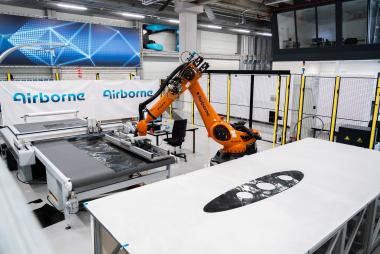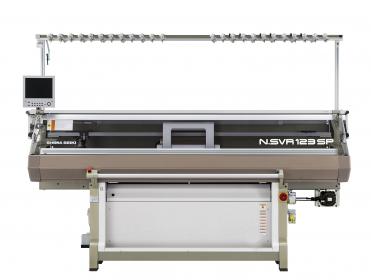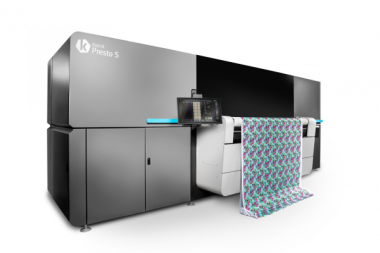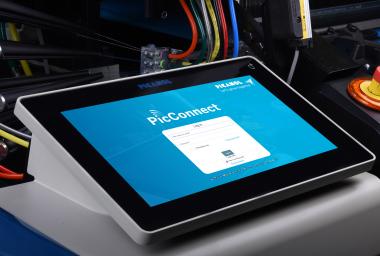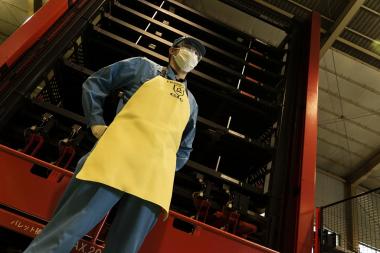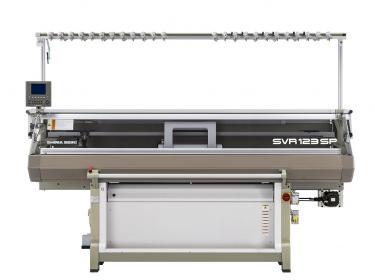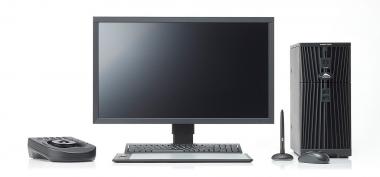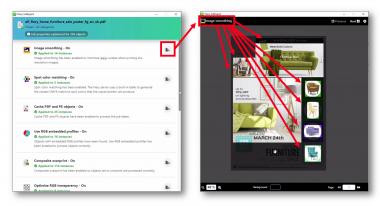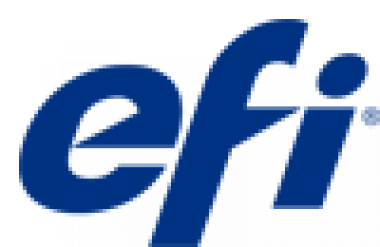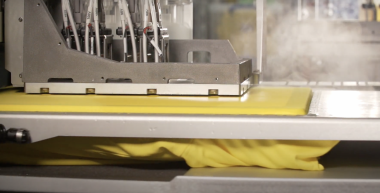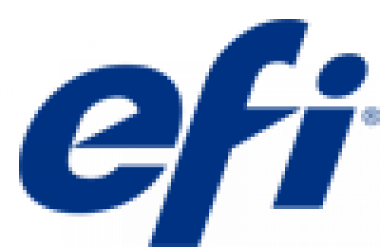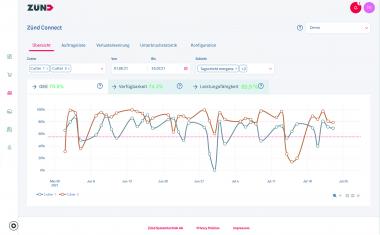Zünd and Airborne Sign Distribution Agreement
Swiss cutting system manufacturer Zünd Systemtechnik and Dutch composite automation company Airborne have expanded their collaboration. As a result of a new distribution agreement, customers will be able to benefit from state-of-the-art digital production solutions for automated processing of composite materials. Zünd and Airborne will jointly promote these production solutions through their sales and servicing networks.
Both companies are technology leaders offering solutions for composites manufacturing and processing – Zünd develops and manufactures digital flatbed cutting systems capable of processing reinforced fiber materials such as CFRP or GRP. Airborne, based in Den Haag in the Netherlands, provides fully integrated automation solutions for efficient composites processing.
The goal of this partnership is to make it easier than ever for customers to access state-of-the-art digital cutting and automation solutions. In that endeavor, the competencies of both companies complement each other perfectly. Their combined expertise manifests itself especially in the areas of fully automated cutting, preforming, offloading and sorting.
Airborne’s automated kitting solutions reduce operating costs by maximizing material yield through optimized nesting. At the same time, they resolve the challenges inherent in sorting and grouping cut parts from complex nested layouts into laminate-ready kits with minimal operator intervention. Airborne offer a portfolio of solutions tailored to meet the individual needs of customers from affordable entry-level semi-automated products through to fully integrated and high productivity systems. All systems are "plug and play" and require no additional special programming. Airborne’s software generates the required robotics code directly from information derived from the nesting data and permits static or dynamic nesting and a sorting solution that adapts “on the fly”.
Zünd has been designing, manufacturing, and marketing digital cutting systems for more than 30 years. Zünd high-performance modular cutters are now in use all over the world. The Swiss family-owned company now in its second generation has established a global network of Zünd sales and service organizations under the leadership of Oliver Zünd. “This is a situation where two strong partners complement each other in much the same way as in strong partnerships we have established in other industries. It is a continuation of a long-standing company strategy. Airborne has excellent know-how in developing and manufacturing automated solutions for processing composites. Together we can offer our customers state-of-the-art technology and provide a technological answer to the growing demand for high-performance, innovative production systems in the composites market."
Joe Summers, Commercial Director for Airborne agrees: "Our partnership with Zünd brings a great deal of added value to our customers. Zünd shares our goal of creating greater cutting-room productivity. The Zünd cutter is key to converting materials with the greatest possible efficiency and maximum material usage."
Zünd Systemtechnik AG


